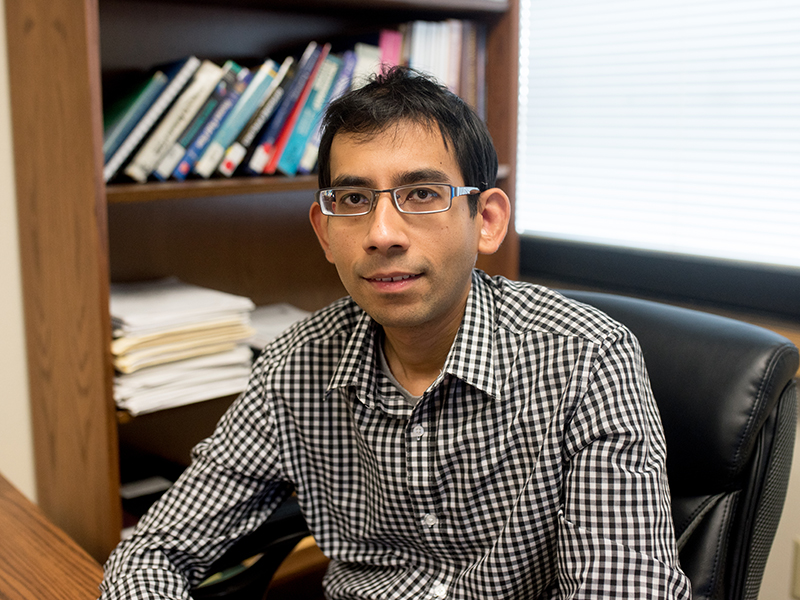Vaibhav Bahadur, Associate Professor in the Walker Department of Mechanical Engineering and the Texas Materials Institute at the University of Texas at Austin, recently contributed to two high-impact publications in Applied Energy and Langmuir.
These papers advance crucial areas in carbon sequestration and hydrate formation, addressing major environmental and energy challenges.
In the Applied Energy paper, Bahadur's team provides a detailed techno-economic analysis of an innovative method to store carbon on the seabed via CO₂ hydrates. This approach has the advantage of unlimited real estate for carbon storage, does not rely on chemicals and entails less risks of leaks, seismic events and monitoring requirements as compared to established technology. Such novel techniques are important to achieve up to 10 Gigatons of carbon dioxide storage annually, a necessary step toward limiting global temperature rise to less than 1.5°C by 2050.
The study outlines the process of forming CO₂ hydrates by bubbling CO₂ at high flow rates in a bubble column reactor (BCR), then compacting the foam into plugs for long-term storage. With an estimated cost of $36/ton of CO₂ and significant opportunities to further lower the costs and energy requirements, this research presents a scalable solution for carbon sequestration. Overall, the findings provide a promising pathway to tackle the world’s growing carbon emissions.
In his Langmuir publication, Bahadur and his colleagues discovered magnesium as a highly effective promoter of tetrahydrofuran (THF) hydrate nucleation. This discovery holds substantial potential for improving hydrate-based applications, such as carbon capture and desalination. The study demonstrated that magnesium reduces nucleation time by as much as eight times, allowing for nearly instantaneous hydrate formation.
The promotion of hydrate nucleation without the need for traditional chemical promoters is a significant advancement, as it opens the door to more environmentally friendly and cost-efficient applications. This research could revolutionize hydrate-based technologies by enabling faster and more reliable nucleation processes.
Professor Bahadur, a leader in thermal-fluids sciences and materials, directs research with wide-ranging applications in clean energy technology, carbon capture, and thermal management of microelectronics. His innovative work has been recognized with numerous awards, including the NSF CAREER Award and awards from SPE, ACS, Google amongst other awards.
Bahadur's research continues to push the boundaries of various technologies that address pressing energy, water, environmental and semiconductors-related challenges.


